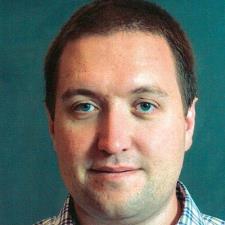In actuarial science, especially in the area of probability, the logical operators and, or, and not are key components in the combinatorial basis of compound events. These kinds of calculations are important in calculating probabilities of compound events. The logical operators also directly correlate to the set theory operators intersection, union, and complement.
There are also further logical and set-theoretical principles that can be invaluable in understanding such sub-branches of probability as order statistics. For example, DeMorgan's Laws can make some calculations easier.
∼(p ∨ q) ≡ ∼p ∧ ∼q
∼(p ∧ q) ≡ ∼p ∨ ∼q
If you have further questions, then feel free to comment.





